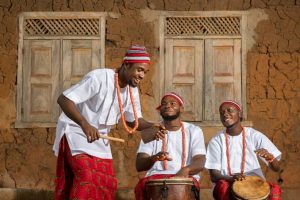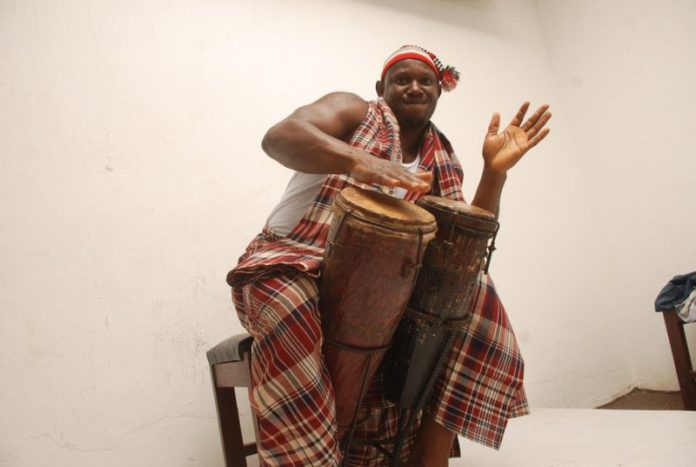In recent years, discussions about the evolution of Igbo music have sparked intense debate within the community. While some fans argue that contemporary Igbo music—especially from Anambra State—has become overly focused on praise-singing and themes of wealth, others believe this view is an oversimplification that overlooks the genre’s depth and diversity. One voice in this ongoing conversation is Okechukwu Croft Ugwu, an Igbo culture enthusiast who argues that there is still a strong legacy of meaningful, culturally rich music within the Igbo musical landscape.
Ugwu responded passionately to what he feels is a narrow portrayal of Anambra’s music scene. “Yes, I understand that people feel Anambra music leans toward money and praise-singing,” he acknowledged. “But to say that it’s all like that is a hasty conclusion. Anambra has a wealth of musical history and artists who deliver real substance. There are so many examples of this,” he added, urging people to consider the wider picture.
To support his perspective, Ugwu referenced some of the most celebrated figures in Igbo music, like Ozoemena Nsugbe and Goddy Ezike from Anambra. Ozoemena Nsugbe, he argued, has a unique lyrical depth that, in Ugwu’s words, “has no equal in Imo State.” According to him, Goddy Ezike is another artist who stands out for his masterful use of Igbo proverbs and traditional wisdom, weaving proverbs throughout his songs in a way that few can replicate. “Ezike’s entire songs are built on proverbs alone,” he explained, “a feat only the great Mike Ejeagha of Enugu could match.”
Ugwu’s appreciation also extended to the legendary Osita Osadebe and Oliver De Coque, two pioneers often credited with introducing praise-singing into Igbo music. While he acknowledged their use of praise themes, he emphasized that both Osadebe and De Coque produced numerous songs rich in philosophy and reflection. “Yes, they praised people,” Ugwu said, “but they also crafted songs with deep messages, sometimes without mentioning a single name. Their music wasn’t just about fame or money—it carried cultural and moral insights.”
Ugwu highlighted that even in Imo State, where musical legends like Oriental Brothers and Peacock are revered, there was still an element of praise in their music. However, he stressed that it didn’t take away from their value or integrity as cultural artists.
Shifting his focus to modern Igbo musicians, Ugwu praised Ayaka Ozubulu and Chika Obi as examples of contemporary artists who carry on the tradition of meaningful music. He described Ayaka’s storytelling and Chika’s wisdom-packed songs as valuable additions to Igbo music, bringing intricate narratives and moral messages that resonate with listeners on a deeper level. “Compared to others, like Ababa Nna, Ayaka and Chika are far more serious and sophisticated in their approach,” he noted, adding that their use of elaborate instrumentation and more intense lyrical focus sets them apart.
For Ugwu, these artists are a testament to the diversity and resilience of Anambra’s musical heritage. “To say Anambra music is 99 percent without substance is a monumental falsity,” he argued. He believes that while certain musicians may focus more on praise-singing, there is still a significant number producing songs filled with cultural wisdom, morality, and rich storytelling that honor Igbo tradition.
This debate, though passionate, underscores a broader concern within the Igbo community about preserving cultural authenticity in an age of evolving musical trends. As Igbo music continues to grow in popularity, both at home and in the diaspora, many hope that future artists will find ways to balance contemporary appeal with the traditional values that define their heritage.
Anthony Emeka Nwosu




